KPMG Interview Questions: What You Could Be Asked and How to Answer
Getting an interview at KPMG is a significant milestone in your career journey, especially if you’re looking to work at one of the Big Four accounting firms.,
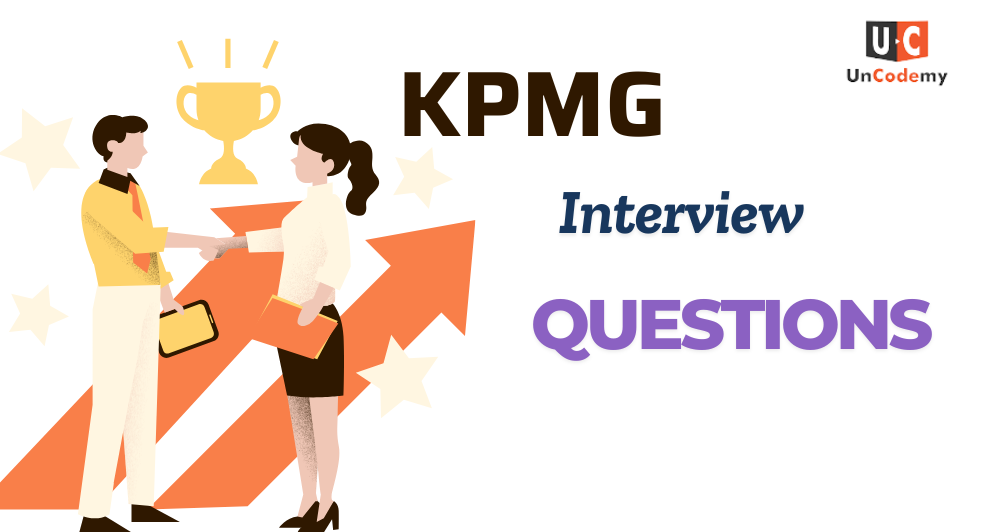
Getting an interview at KPMG is a significant milestone in your career journey, especially if you’re looking to work at one of the Big Four accounting firms.,


Getting an interview at KPMG is a significant milestone in your career journey, especially if you’re looking to work at one of the Big Four accounting firms. However, preparing for such an interview can be overwhelming, particularly when you’re unsure of the types of questions you might face. Whether you’re applying for an entry-level position, an internship, or a managerial role, understanding the types of questions you could be asked and how to answer them is crucial.
This blog will take you through the KPMG interview process and the types of questions that you could be asked. We will cover the typical questions in different categories: behavioral, technical, situational, and general. We will also provide tips on how to prepare for the interview to ensure you stand out as a strong candidate.
Before the interview process begins, the first step is submitting your application. You’ll need to apply through KPMG’s online portal, where you will be asked to upload your resume and fill out personal details. In some cases, you might also need to submit a cover letter, particularly if you are applying for a specialized role or a graduate program.
Key Tips:
After submitting your application, you may be invited to complete online assessments. These assessments are typically used to evaluate your aptitude, personality, and sometimes technical skills.
Types of Assessments:
Key Tips:
If you perform well on the online assessments, you may be contacted by a recruiter for an initial phone or video screening interview. This is often the first opportunity to speak directly with a KPMG representative and discuss your background in more detail.
What to Expect:
Key Tips:
For graduate programs and some internship positions, KPMG hosts an assessment center, where multiple candidates are invited to participate in group exercises, case studies, and individual interviews. The assessment center is designed to assess how you work in a group and your ability to solve complex problems under time constraints.
What to Expect:
Key Tips:
The final stage of the KPMG interview process typically involves a face-to-face or virtual interview with senior members of the team. This interview will be more in-depth, allowing you to showcase both your technical knowledge and your personal qualities.
What to Expect:
Key Tips:
If you successfully pass the final interview stage, you’ll receive a job offer from KPMG. The offer may be contingent upon passing background checks, references, and any required certifications.
What to Expect:
Behavioral interview questions are designed to assess how you have handled situations in the past. KPMG uses these questions to understand how you approach problems, work with others, and respond to challenges. These questions often follow the STAR method, which stands for Situation, Task, Action, Result. This method ensures that your answers are structured and concise.
Here are some common behavioral questions you may encounter in a KPMG interview:
Imagine you are assigned to a client who is very resistant to change. How would you approach the situation to ensure a smooth project?
This question tests your adaptability and client management skills. Talk about how you would build rapport with the client, understand their concerns, and present changes in a way that highlights the benefits for them. Emphasize your communication and relationship-building skills.
Suppose you’re given a project with tight deadlines, and your team is facing some challenges. How would you ensure the project is completed on time?
Demonstrate your leadership skills by discussing how you would motivate your team, delegate tasks effectively, and resolve any issues that arise. Show that you can remain calm under pressure and are able to adjust plans if necessary.
You are working on an audit, and you discover discrepancies in the financial statements. What steps would you take to investigate and resolve the issue?
KPMG needs auditors who can handle sensitive situations with integrity. Focus on how you would follow the appropriate channels, communicate with relevant parties, and ensure that any errors are addressed in accordance with regulations and professional standards.
Why do you want to work for KPMG?
KPMG is looking for candidates who are genuinely interested in the firm and its work. Research the company, its values, and its services, and connect them with your personal goals. For example, you might mention the firm’s global reach, its commitment to innovation, or its focus on professional development.
What are your long-term career goals, and how does KPMG fit into those plans?
KPMG is looking for individuals who are eager to grow within the company. Show that you’ve thought about your career progression and that you see KPMG as a place where you can develop your skills and contribute to the firm’s success.
How do you stay updated on industry trends and changes in regulations?
In the fast-paced world of accounting and consulting, staying updated is crucial. Talk about your methods for keeping informed, such as attending webinars, reading industry publications, or networking with peers.
What are your strengths and weaknesses?
This is a classic interview question. Focus on strengths that are relevant to the role, such as problem-solving, communication, or analytical skills. When discussing weaknesses, choose something that you’re actively working to improve, demonstrating self-awareness and a commitment to growth.
Research KPMG: Understand the company’s values, mission, and services. Be prepared to explain why you want to work for KPMG specifically.
Review your resume: Be prepared to discuss everything on your resume, especially key projects and experiences. Highlight your achievements and how they align with the role you’re applying for.
Practice answers: Use the STAR method to structure your responses to behavioral questions. Practice common interview questions with a friend or in front of the mirror.
Prepare questions: At the end of the interview, you’ll likely have a chance to ask questions. Prepare thoughtful questions about the company’s culture, growth opportunities, or specific projects you might be working on.
Dress appropriately: KPMG is a professional services firm, so dress in business attire. It’s important to make a good first impression.
The KPMG interview is an opportunity to showcase your skills, experiences, and alignment with the firm’s values. By understanding the types of questions you may be asked and preparing thoughtful, structured answers, you can increase your chances of success. Remember to stay calm, confident, and focused throughout the interview process. Good luck!
You should also consider practicing logical reasoning and estimation techniques. To learn more, check out our blog on Most Common Guesstimate Interview Questions & Answers.
What types of questions are asked in a KPMG interview?
KPMG interviews typically include a mix of behavioral, technical, and situational questions. Expect questions that assess your problem-solving, teamwork, and technical knowledge, as well as your understanding of KPMG’s culture and values.
How should I prepare for KPMG behavioral questions?
For behavioral questions, use the STAR method (Situation, Task, Action, Result) to structure your answers. Be specific about past experiences where you demonstrated skills like leadership, teamwork, or problem-solving, and show how those experiences are relevant to the role you’re applying for.
What technical knowledge is important for a KPMG interview?
Depending on the role, you should be well-versed in technical concepts such as IFRS, GAAP, auditing standards, tax laws, or financial analysis. Review industry-specific knowledge related to the role you’re interviewing for, such as accounting principles or financial modeling techniques.
How can I stand out in a KPMG interview?
To stand out, demonstrate both technical expertise and strong interpersonal skills. Show enthusiasm for KPMG’s work culture and mission. Be clear, concise, and confident in your responses, and highlight how your skills and experiences align with the company’s values and the role.
What is the KPMG culture like, and how can I align with it?
KPMG values collaboration, innovation, and integrity. Show that you can work well in diverse teams, adapt to changing situations, and prioritize client needs. Emphasize your alignment with KPMG’s values, particularly around professional ethics, responsibility, and continuous improvement.
How should I answer questions about handling stress or pressure?
When asked about handling stress, provide an example where you successfully managed a high-pressure situation. Focus on how you prioritized tasks, remained calm, and delivered results. Highlight any tools or strategies you use to stay organized and maintain productivity under stress.
What are common questions about teamwork in a KPMG interview?
Expect questions like, “Tell me about a time you worked in a team to meet a deadline.” Focus on how you contributed to team success, handled conflicts, and collaborated effectively with diverse team members. Highlight communication and adaptability as key strengths.
How do I prepare for technical questions related to accounting or finance?
Brush up on accounting principles (IFRS, GAAP), financial analysis, and auditing techniques. Understand key concepts like revenue recognition, deferred tax, and financial statement analysis. Be ready to explain your thought process and apply concepts to real-world scenarios during the interview.
What is the best way to answer “Why KPMG?”
To answer “Why KPMG?”, research the company’s culture, values, and services. Highlight KPMG’s commitment to diversity, innovation, and global reach. Discuss how your skills and values align with their mission and explain why you’re excited about contributing to their success.
How do I answer questions about my future career goals?
When discussing your career goals, express your long-term interest in growing with KPMG. Mention aspirations like developing specific technical skills, taking on leadership responsibilities, or working across various client sectors. Show how KPMG’s resources and opportunities align with your career trajectory.
Personalized learning paths with interactive materials and progress tracking for optimal learning experience.
Explore LMSCreate professional, ATS-optimized resumes tailored for tech roles with intelligent suggestions.
Build ResumeDetailed analysis of how your resume performs in Applicant Tracking Systems with actionable insights.
Check ResumeAI analyzes your code for efficiency, best practices, and bugs with instant feedback.
Try Code ReviewPractice coding in 20+ languages with our cloud-based compiler that works on any device.
Start Coding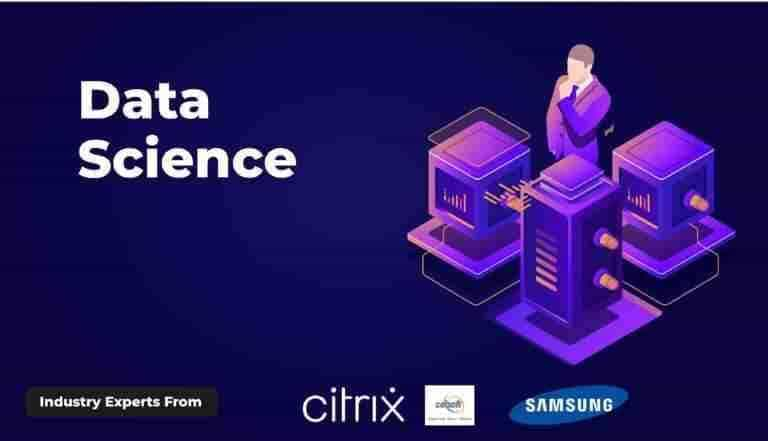 TRENDING
TRENDING BESTSELLER
BESTSELLER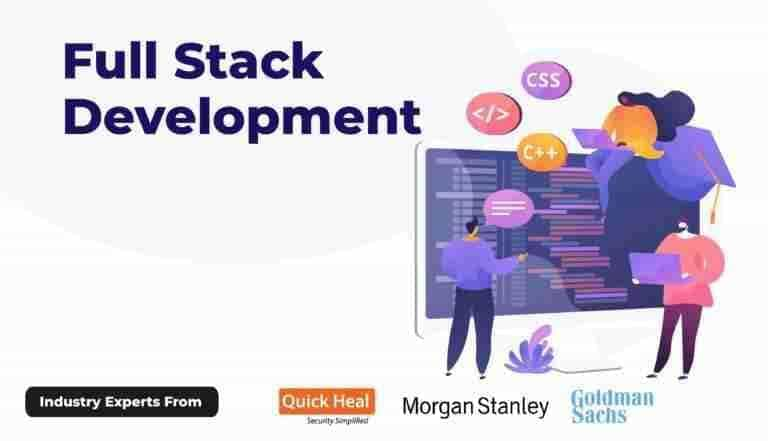 BESTSELLER
BESTSELLER TRENDING
TRENDING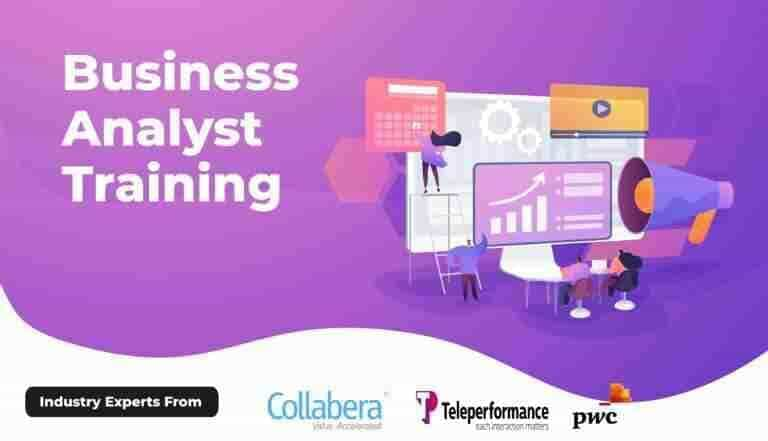 HOT
HOT BESTSELLER
BESTSELLER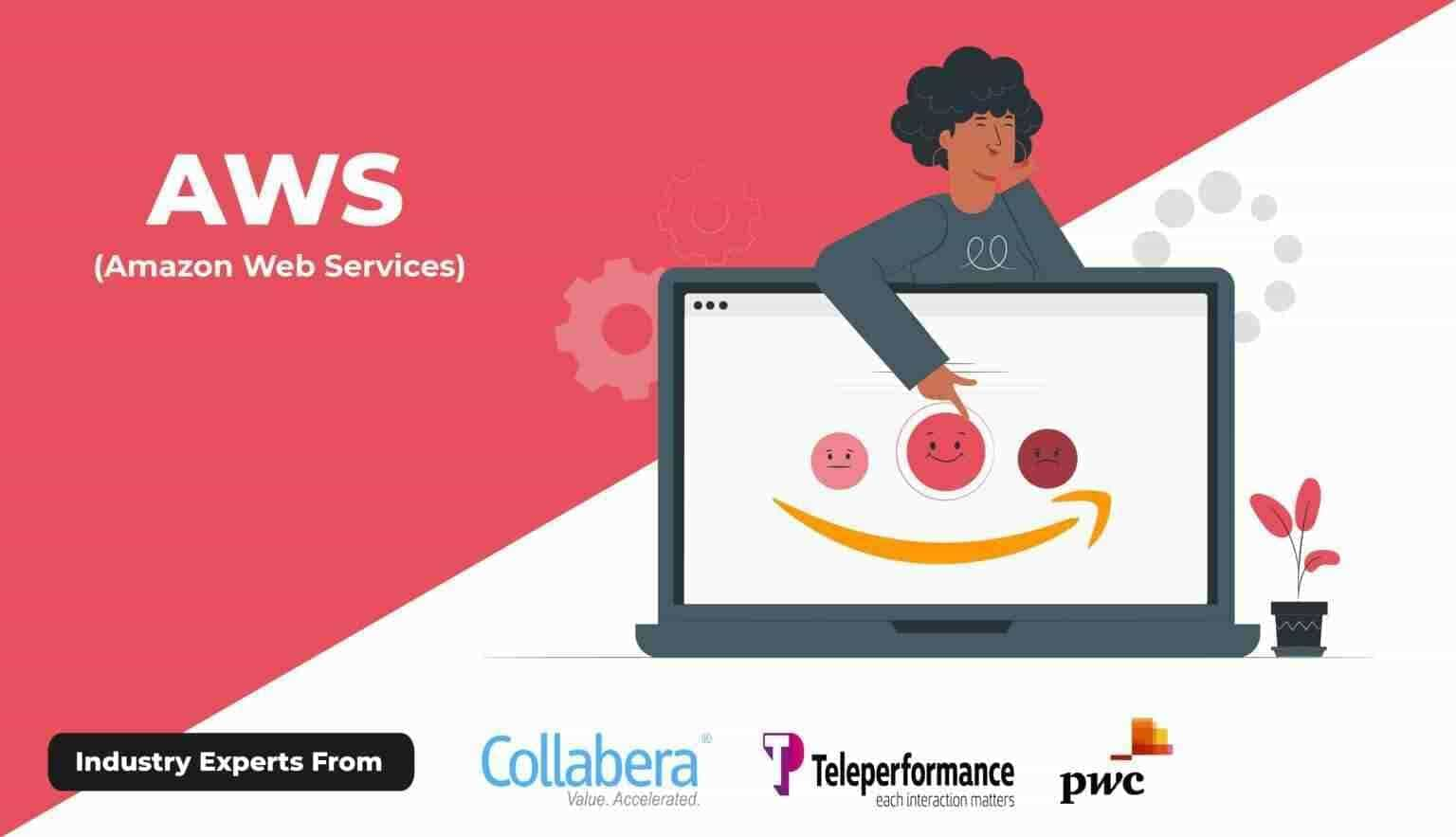 HOT
HOT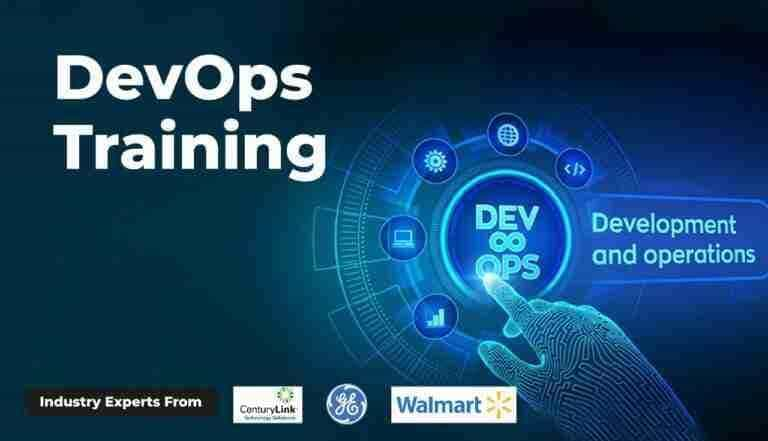 BESTSELLER
BESTSELLER BESTSELLER
BESTSELLER HOT
HOT POPULAR
POPULAR